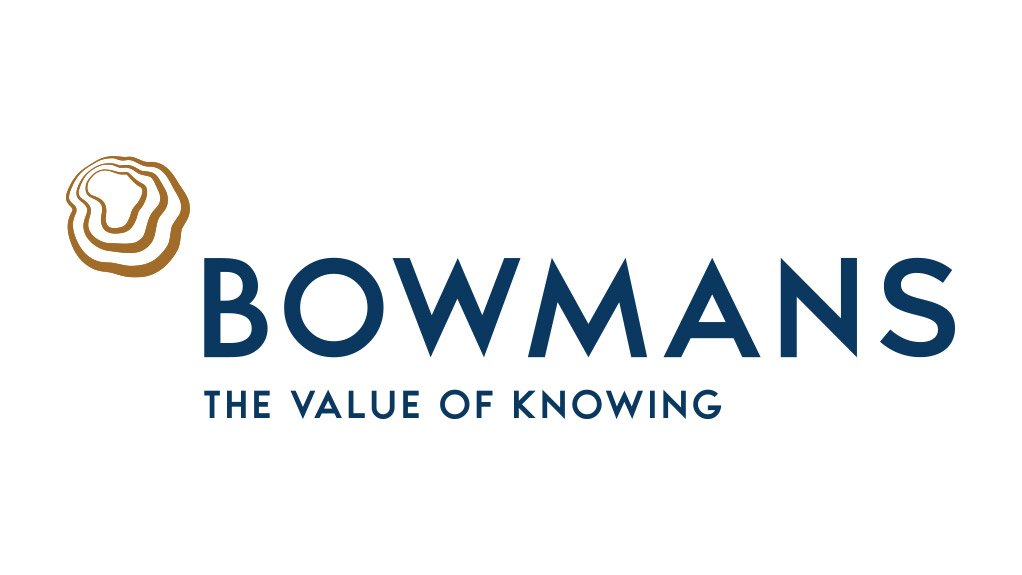In Woolworths (Pty) Ltd v CCMA and others the Labour Appeal Court warns that an employer may not dismiss an employee for misconduct based only on its suspicions that the medical doctor who issued the employee with a medical certificate is contravening standard operating procedure and in the absence of any proof that the employee was not sick.
A recent decision by the Labour Appeal Court (LAC) warns employers that they may not dismiss an employee for misconduct based on their suspicions that the medical doctor who issued the employee with a medical certificate is contravening standard operating procedure.
The LAC held that in the absence of proof that the employee was not sick or tampered with the medical certificate, the suspicions of the employer were irrelevant to proving the employee’s misconduct.
Litigation history
In June 2018, Ms Maseko, an employee of Woolworths, submitted a medical certificate issued by a Dr Frempong. Woolworths, who was already suspicious of medical certificates issued by Dr Frempong, conducted an investigation, looking into Maseko’s file and Dr Frempong himself. Based on its investigation, Woolworths concluded that the medical certificate submitted by Maseko was irregular. It appeared to Woolworths that Dr Frempong was selling medical certificates.
Maseko was charged with misconduct for breaching company policies and procedures in that she had submitted an irregular medical certificate to justify her absence from work. She was found guilty and ultimately dismissed.
Maseko referred an unfair dismissal dispute to the Commission for Conciliation, Mediation and Arbitration (CCMA), where the commissioner found Maseko’s dismissal to be substantively unfair. The commissioner reasoned that there was no evidence that Maseko was not sick on the days for which she submitted the medical certificates. Further, the commissioner concluded that, based on the documentary evidence provided of Dr Frempong’s qualifications, experience and registration with the relevant authorities, the medical certificates were valid and regular, having been issued by a duly qualified and registered medical practitioner.
Woolworths took the matter on review to the Labour Court, which was subsequently dismissed on the basis that it had no merit.
Findings of the LAC
Woolworths then took the decision of the Labour Court on appeal. Before the LAC, Woolworths submitted that the evidence, albeit largely hearsay, indicated that there were untoward happenings at Dr Frempong’s medical practice in respect of the issuing and buying of sick notes.
The LAC found no merit in Woolworths’ submissions. It found the idea troubling that an employee who obtained a medical certificate from a medical practitioner could be subject to disciplinary proceedings on the basis of an employer’s suspicion that the manner in which that medical practitioner conducted their medical practice was dubious. On Woolworths’ approach, a disciplinary process would be followed even when the employee may genuinely be sick and completely unaware of the irregularities or illegal activities at their medical practitioner’s practice.
The LAC found that the real issue was whether or not Maseko saw Dr Frempong on the day in question and whether he booked her off sick as stipulated in the certificate. Once this was established, there could be nothing else required of Maseko. Woolworths’ dissatisfaction with Dr Frempong and the manner in which he ran his medical practice as well as the hearsay evidence about people allegedly buying medical certificates was irrelevant. As such, the LAC dismissed the appeal.
Key takeaways
Although an employee’s dishonesty in abusing sick leave goes to the heart of the relationship of trust between employer and employee (as was held in Woolworths (Pty) Ltd v Commission for Conciliation, Mediation and Arbitration and Others (PA12/2020) [2021] ZALAC 49 (10 December 2021)), employers should tread carefully where they have suspicions about the integrity of an employee’s sick note.
In particular, employers should be forewarned, that suspicion alone about a particular practitioner is not sufficient to warrant disciplinary proceedings against the employee. As the LAC confirmed, it is not the position of ordinary workers to interrogate whether the medical certificates they receive are issued by a duly qualified medical practitioner.
Where employers have suspicions about a certain medical practitioner, employees can (and should) be warned about using that medical practitioner through proper notice. Such notice to employees may, however, only be issued once sufficient grounds have been established to validate the employer’s suspicions about the medical practitioner’s conduct, which would necessarily involve investigation by regulatory bodies like the Health Professions Council of South Africa.
Written by Chloë Loubser, Knowledge and Learning Lawyer at Bowmans Law
EMAIL THIS ARTICLE SAVE THIS ARTICLE ARTICLE ENQUIRY FEEDBACK
To subscribe email subscriptions@creamermedia.co.za or click here
To advertise email advertising@creamermedia.co.za or click here











